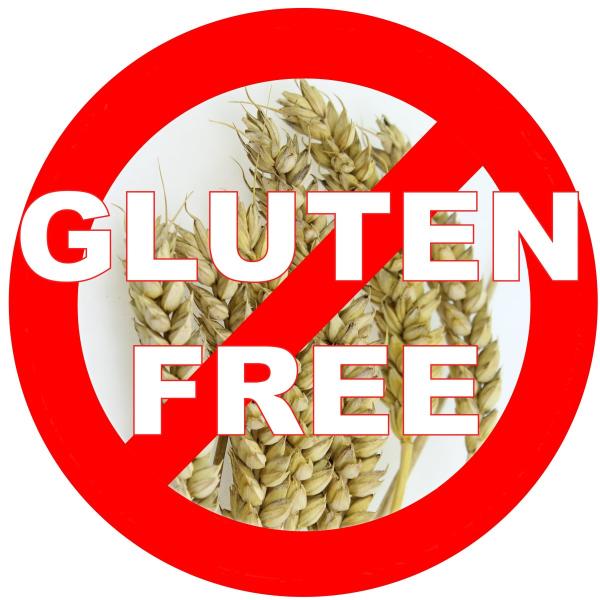For people living with celiac disease, everything that goes into the body has to be assessed for gluten. Even tiny amounts (trace amounts) of gluten can cause illness in some people with celiac disease. In order to do that, people need to know what they are putting into their bodies.
One very effective way that this has been handled for the celiac community is the mandatory labeling of gluten free foods set by the Food and Drug Administration (FDA). Those efforts were mostly focused on food. But, because the concern extends to everything that is ingested - including medications - so too should the labeling says FDA.
Until now, there was no way to know if a medication contained gluten or not. And, although it is highly unlikely that an oral medication does contain enough gluten to cause illness, or even exceed the level that would be found in a gluten-free food product, the assurance that comes with labeling something gluten free is an important safety factor for those with celiac disease.
To this end, FDA has issued a draft guidance on Gluten in Drug Products and Associated Labeling Recommendations. In it, they focus on how oral drug products should be labeled regarding their gluten content and suggest a voluntary labeling of medications by their manufacturers.
There are many components to an oral drug product, known as excipients. They include the active component, absorbents which allow the tablet to break down, protectants, binders, coloring agents, lubricators, and bulking agents. Starch is an excipient in many medications, most commonly derived from corn.
FDA's draft guidance recommends that the words “Contains no ingredient made from a gluten-containing grain (wheat, barley, or rye)” be included in the labeling, if appropriate.
Regarding this matter, FDA Commissioner Scott Gottlieb said “We have made great strides in enhancing transparency about gluten in food labeling, but because there has been uncertainty about gluten in certain drug products, some patients may be avoiding medications that would otherwise offer a health benefit.”
For people with celiac disease, every single thing that enters the digestive tract of the body is a concern and needs to be evaluated. And, although gluten in medications is not something to lose sleep over, assuring people that their medicine is safe to be ingested will reduce uncertainty and undue stress.
Source: Medications and Gluten (www.FDA.gov)




